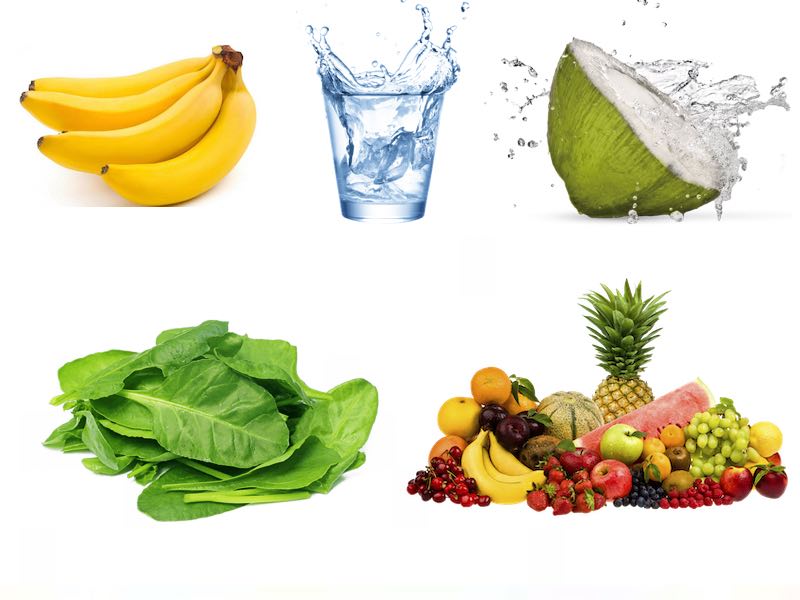When it comes to alcohol consumption and health, one claim is repeated time-and-time-again, “A glass of red wine with dinner is good for you.” But is this actually true? Let’s investigate.
As it turns out, red wine contains the plant compound resveratrol—the factor behind many of the red wine health claims. Read on to learn what resveratrol is, how it impacts your health, and where you can find it.
What is Resveratrol?
As mentioned above, resveratrol is a plant compound, more specifically, a polyphenol. In other words, it’s a naturally occurring substance found in a variety of plants. Thought to act as an antioxidant, resveratrol helps the body rid itself of various toxins and free radicals. And this positive effect has prompted numerous studies to explore its potential health benefits.
Although much of the research surrounding resveratrol is recent, it isn’t new to most people’s diets. It’s found in common foods such as peanuts, various berries, grapes and, by extension, wine. Both red and white wine contain resveratrol, but red varieties have a much higher quantity.
Health Benefits of Resveratrol
With all the background info out of the way, let’s move to the big question: Is resveratrol good for you? The short answer is yes. But let’s take a look at why and how it impacts your health.
Some of resveratrol’s most widely accepted health benefits include:
Antioxidant support: Numerous studies have observed ways resveratrol acts as an antioxidant. It has been shown to help the body eliminate free radicals (a type of atom that can damage cells) and reduce and prevent oxidative stress. Basically, it helps promote health on a cellular level.
Inflammation reduction: When it comes to inflammation, resveratrol supports your body on two fronts. First, it helps prevent the production of inflammatory substances. And second, it supports a healthy inflammatory response—crucial for the health of key organs and body systems.
Cardiovascular health: Oxidative stress in the body can negatively impact cardiovascular health (the proper function of heart and blood vessels). And as mentioned, resveratrol has been shown to support healthy inflammation and the reduction of oxidative stress—the primary reason it’s often discussed with heart health. It supports key processes in your body directly associated with keeping your heart and blood vessels functioning smoothly.
Liver function: The liver provides vital functions in your body, including filtering the blood and breaking down harmful substances. And resveratrol has been shown to promote liver health by helping to protect it from unhealthy levels of toxicity.
Brain aging: In some studies, resveratrol has been shown to support healthy aging of the brain.




MultiChain